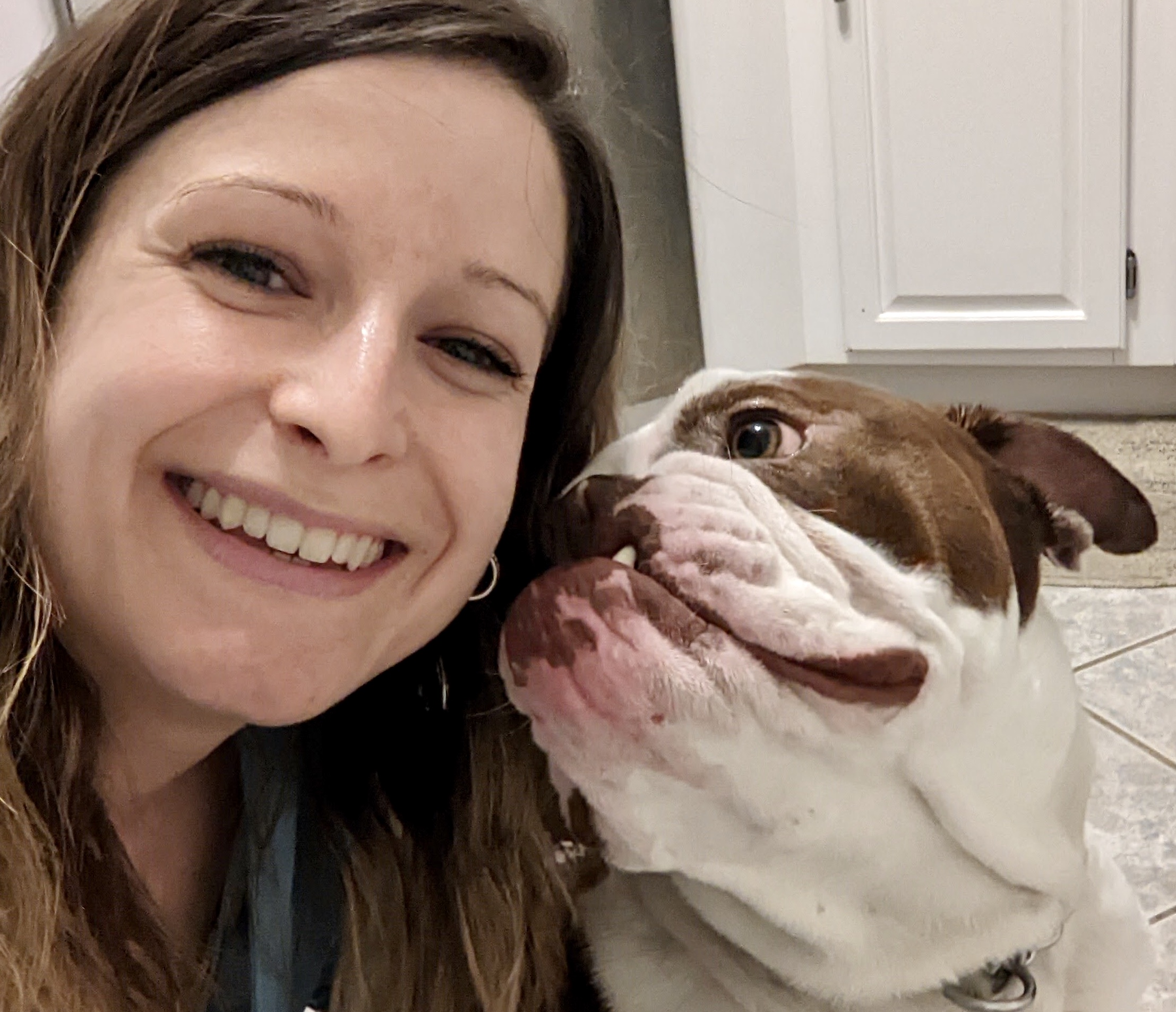The law says pets are property. The law is wrong
Which one of these does not belong?
Your car
Your bed
Your dog
Your carpets
—-
Under U.S. law, they are all the same: they are property.

Your dog, or cat, or parakeet, or hamster — all living, breathing beings on which you shower love — are considered to be property and most courts are no more concerned about their health and well-being than they would be about a chair.
Despite that, Sofia Martianou is fighting to regain custody of a dog named Kano she says was abused by its previous owners, one of whom, Marcia Richardson, had requested last February that Martianou care for while she dealt with health issues.
When Martianou received Kano, he was in terrible shape, according to a statement on her website.
“When Kano arrived at my home on February 18th, [2022] he was dirty and horribly emaciated. He was so dehydrated that his coat was plagued with dandruff, his lips were cracked and bleeding, and his eyes were bloodshot and cloudy. Kano was also later diagnosed with a double ear infection, interdigital dermatitis, conjunctivitis, separation anxiety, and atopic dermatitis.”
Under her care, she says, Kano thrived. “He gained over 30lbs and all of his medical issues were resolved.”
When Richmond’s health issues cleared up, she asked Kano be returned.
Martianou refused, claiming that after Kano had been in her care for a month, Richmond gave her verbal permission to keep Kano, an English bulldog.
The problem — Martianou has no proof of that, and the Richmonds — the mother, daughter and son — sued to get Kano back.
Martianou’s attorney, Kristina Bergsten, who specializes in animal litigation, says Ms. Richmond did not appear in court, and that the judge did not seem interested in Kano’s welfare because pets are “property.”
On the stand, Arnold Richmond testified that his mother paid $3,200 of Kano’s $3,700 purchase price from a breeder in Texas. He said he paid $500 and he and his mother were co-owners. He also testified that when he was sentenced to jail, he put the dog in the care of his son, who did a “terrible” job. That would explain the poor condition that Martianou claimed when she accepted responsibility for the dog.
Nevertheless, Martianou lost, and the court ordered her to surrender the dog, which, heart-broken, she did on Friday, Jan. 27.
She has filed an appeal to regain custody of Kano.
Richmond’s attorney, Leonard Grasso, noted that “our clients were found to be credible, and the court awarded them their dog.” He also disputed the verbal agreement, saying there was a written agreement that Martianou herself had drafted, and it called for her to be compensated for the temporary care of Kano.
It’s going to be an uphill fight for Martianou.
The danger of oral agreements was demonstrated in another New Jersey case, summarized by quimbee.com.
“Doreen Houseman (plaintiff) was engaged to Eric Dare (defendant). Houseman and Dare purchased a house and a dog together, but subsequently ended their relationship.”
Dare bought Houseman’s interest in the house, but orally agreed that she could keep the dog.
Houseman kept the dog, but left the dog in Dare’s care when she went on vacation.
“When Houseman returned from vacation,” quimbee reports, “Dare refused to return the dog. Houseman promptly filed suit against Dare, demanding specific performance of the oral agreement regarding the dog, and testified about the dog’s importance to her.
“The trial court found that there was evidence of an oral agreement, but that specific performance was not available as a remedy for a breach of oral agreement regarding property. “Accordingly, the trial court did not find that the oral agreement was relevant. The trial court instead awarded Houseman $1,500, the stipulated full value of the dog.”
Attorney Bergsten mentioned this case to me, but I don’t see it being helpful to her.
And yet, in certain cases animals do receive certain protections that are not granted to, say, furniture, according to the Animal Legal Defense Fund. [Personal disclosure: I am a member of ALDF.]
“Laws requiring that people responsible for animals provide a basic level of care — such as food, water, shelter, and veterinary aid — can be found at every level of the United States’ legal system,” it is noted on the ADLF website.
“These laws only make sense as a means of addressing the basic well-being of animals as sentient creatures, rather than as unfeeling objects,” says ALDF.
With that said, there is a growing consciousness that pets are family members, and not just property.
They form emotional bonds with their caretakers, and I prefer the word “guardian” to “owner.” I adopted my dog, and I am responsible for his welfare and happiness, but I don’t “own” him as I own the iPad on which I write this. My iPad does not have feelings and can’t feel physical and emotional pain.
My dog can feel both, as well as fear and happiness.
Martianou’s case is in the hands of the court. There is nothing you can do to help her there.
But, there is something you can do to help change the law, to upgrade animals’ status from property to a sentient being. You can sign the petition which is linked to on this website.
I signed it and hope you will, too.
This column was updated Tuesday morning to include remarks by attorney Grasso that arrived after deadline.



